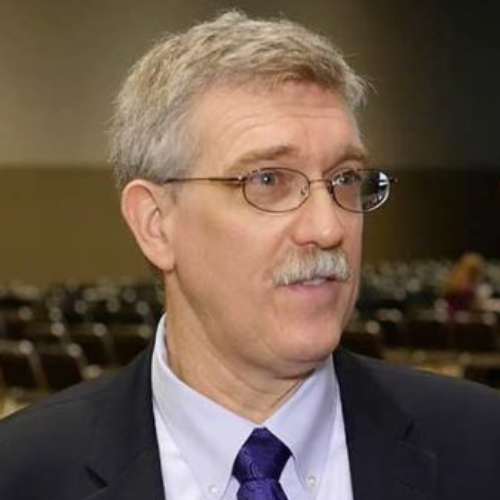HFrEF Management: Getting to the Heart of Managing Heart Failure
Published: 20 November 2020
-
Views:
 177
177
-
Likes:
 7
7
-
Views:
 177
177
-
Likes:
 7
7
-
 24m 35sPart 1 Different Therapeutic Pathways in HFrEF Marco Metra
24m 35sPart 1 Different Therapeutic Pathways in HFrEF Marco Metra
Overview
In this Satellite Symposium from the e-SPACE Heart Failure Global Web-Conference, Marco Metra, John Teerlink and John Spertus discuss best practice for HRrEF Management considering the evolution in the treatment paradigm brought on by new data and new agents.

Learning objectives
- Perspective on pathways involved in HF progression
- Articulate the clinical utility of HRQoL and the importance of embracing QoL discussions with patients and caregivers
- Discuss the evolution and optimization of HFrEF treatment, and opportunities that remain to improve patient outcomes despite treatment advancements
- Review unmet medical needs of populations not typically addressed in clinical trials: impaired renal function, low blood pressure, low heart rate, symptomatic hospitalized or recently hospitalized patients and minority populations
Agenda
- Different therapeutic pathways in HFrEF (Marco Metra)
- Addressing unmet medical needs in HFrEF (John Teerlink)
- Advancements in the clinical utility in quality of life for patient with HFrEF (John Spertus)
More from this programme
Part 1
Different Therapeutic Pathways in HFrEF
Part 2
Addressing Unmet Medical Needs in HFrEF
Part 3
Advancements in the Clinical Utility in Quality of Life for Patient With HFrEF
Faculty Biographies

John R Teerlink
Director
Dr John R Teerlink is Director of the Heart Failure Program and of the Clinical Echocardiography Laboratory at the San Francisco Veterans Affairs Medical Center in San Francisco, California.
Dr Teerlink graduated from Swarthmore College with Highest Honors in Comparative Religious Studies and Cellular Biology. After receiving his medical degree from Harvard Medical School, he completed an internal medicine residency at the University of California San Francisco (UCSF).





